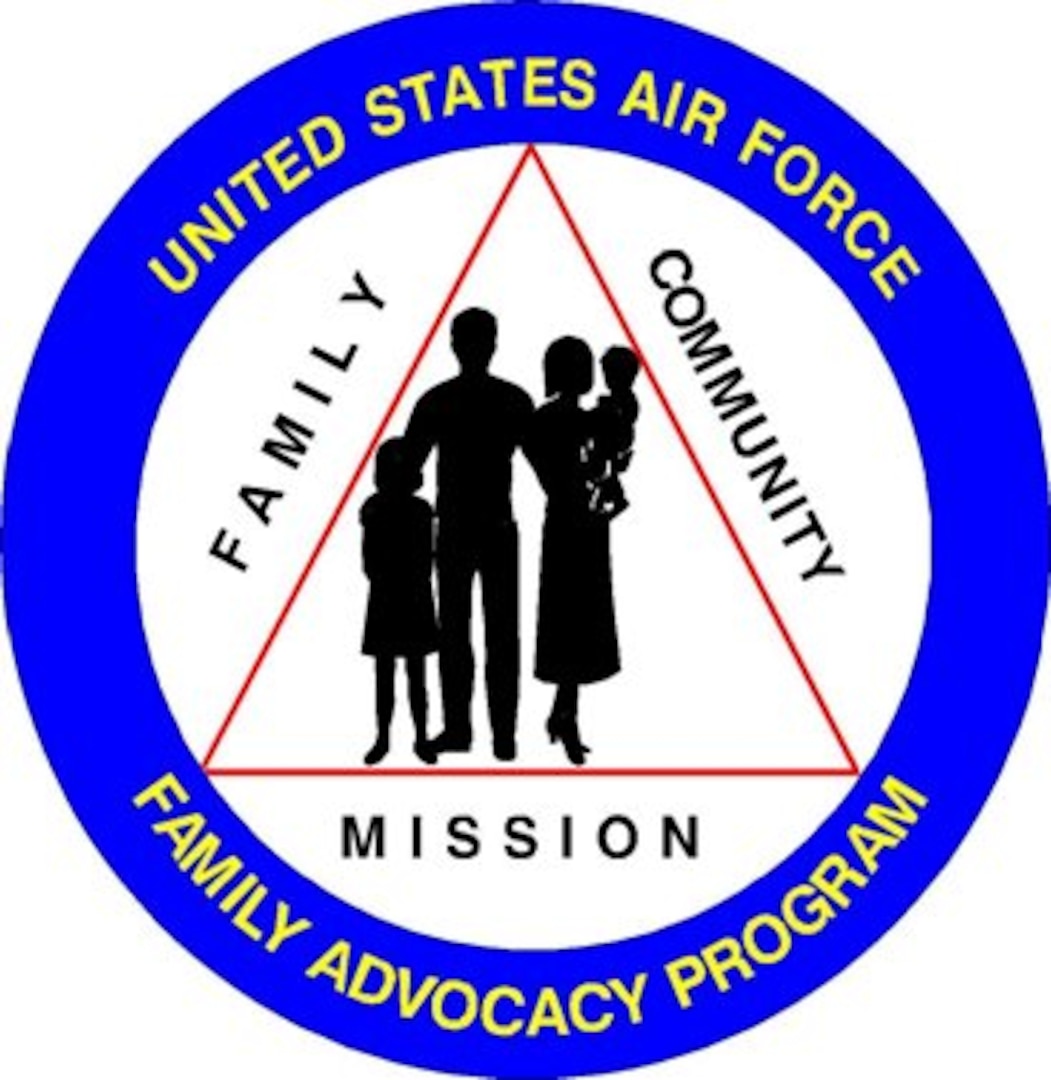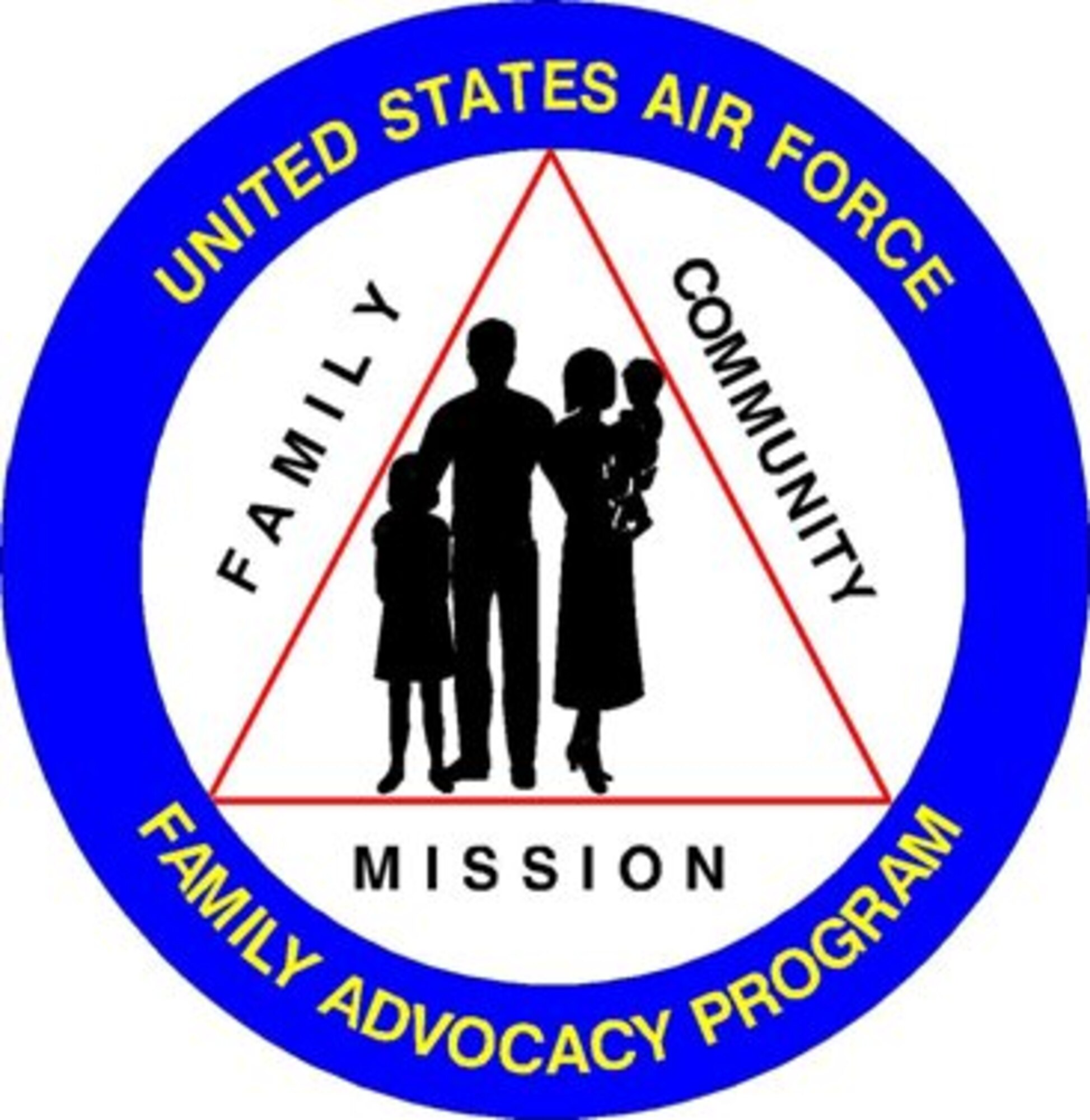Military Family Advocacy - Note: IDC is not a disciplinary or criminal proceeding. It is the clinical process that determines whether treatment, intervention, support, safety planning and victim protection meet the threshold. to investigate and prosecute domestic violence cases of violence, threats of violence or violations of protection orders.
COUNSELING AND CASE MANAGEMENT SERVICES Counseling services are available to help families cope with intimate partner violence and child abuse. We encourage families to seek help at the first signs of abuse. It is the responsibility of the baby or child to protect everyone's well-being and safety.
Military Family Advocacy

Our services include individual, couple, family, and group counseling to address domestic violence, child abuse, and problematic child/youth sexual behavior. The Family Advocacy Program (FAP) works to prevent abuse by offering programs to stop domestic violence before it starts.
-
In the event of violence, FAP works to ensure the safety of victims and to assist military families with the effects of violence and change in destructive behavior. FAP workers are prepared to respond to cases of abuse and neglect, provide victim support, prevention and treatment.
PROGRAM DESCRIPTION: The Family Advocacy Program provides prevention, education, assessment and counseling services for prevention and intervention (PSB-CY) of domestic violence and child/youth sexual problems. Our mission is to support the Marine Corps' readiness for prevention and first intervention.
 Source: api.army.mil
Source: api.army.mil
The program addresses domestic violence and PSB-CY through a responsible community-oriented approach to promote domestic relations and emotional health for mariners and their families. FAP is here to help. Check us out and see what we can do for you!
We recognize the traditional custodians of the land where our offices are located and pay tribute to elders past and present. We recognize the suffering of the Stolen Generation and the impact of colonialism on Aboriginal and Torres Strait Islander peoples.
Domestic Violence
we also recognize the resilience, strength and pride of Aboriginal and Torres Strait Islander communities. If a victim reports abuse to the Family Advocacy Program (FAP) and you want to restrict the report, law enforcement and the agency will be notified by FAP and there is usually no formal questioning of the allegation;
but there are exceptions when there is an immediate danger of harm to you or to another person. To find out what services FAP offers, please go to the 'Experience My Abuse' section. How can I get military help?

The Family Advocacy Program (FAP) is a Department of Defense (DOD) program that addresses domestic violence, child abuse, and child neglect. FAP works to coordinate with key military and civilian agencies to ensure rapid detection and response, increase victim safety and control, and provide appropriate care to affected military personnel and their families.
The Family Advocacy Program (FAP) is a multifaceted and multidisciplinary resource designed to address child abuse and domestic violence in the Marine Corps community through prevention, intervention and treatment. For immediate help, the National Domestic Violence Hotline (1-800-799-7233) provides life-saving tools and support to help victims stay safe and live a life free of violence.
© 2008-2021 WomensLaw.org is a project of the National Network to End Domestic Violence, Inc. All rights reserved. This website is funded in part by a grant from the US Department of Justice's Office of Crime Victims, Office of Justice Programs.
Neither the US Department of Justice nor any of its affiliates operate, control, or necessarily endorse this site (including without limitation the content, technical infrastructure and systems, and services or tools provided). NNEDV is a 501©(3) non-profit organization;
 Source: api.army.mil
Source: api.army.mil
EIN 52-1973408. If you return a restricted (confidential) report to the Family Advocacy Program (FAP), it generally will not adversely affect the service member's career because the report remains within the FAP; and the FAP relationship can be transcended if there is an immediate risk of harm to the victim or another person.
If someone other than the victim or their health care provider reports the abuse to FAP, it is considered a free (non-confidential) report. In such cases, FAP clinical providers talk to the victim and the abuser individually about the incident, determine the risk of further abuse, develop a safety plan and provide counseling or treatment if needed.
The FAP counselor will also begin coordinating the next steps with the victim's or abuser's command and military law enforcement. Domestic violence is a pattern of behavior in any relationship that is used to control and gain or maintain power over another person, usually an intimate partner.
Physical, verbal, psychological, sexual, emotional and financial threats or acts intended to intimidate, humiliate, threaten, hurt, manipulate or harm are all forms of domestic violence. This is given at any level of relationship, from friendship to marriage, and should never be tolerated.
 Source: pbs.twimg.com
Source: pbs.twimg.com
If you suspect that you or a loved one has been a victim of domestic violence, or if any of these are known to you, do not hesitate to contact us. Next, information about the report must be submitted by the FAP to the Incident Detection Committee (IDC).
The MCC is made up of senior command training or protection, victim and abuse control, military enforcement officers, deputy judge lieutenants, and the FAP. Based on the FAP's presentation of domestic violence incidents, the IDC votes to determine whether the incident(s) meet the criteria for an act of abuse, according to standards set by the DoD council.
The FAP team of clinicians then makes treatment recommendations for the abuser, which may include evidence-based treatment strategies, psychological services, or both, if appropriate. However, members who fail to stop abusive behavior, refuse to follow a treatment plan, or who seriously harm a spouse, partner, or family member may be subject to administrative penalties.
These are the decrees of the soldier in the chain of command and the system of military justice. You are not alone If you are a victim of intimate partner violence, our Victim Advocates are here to help you.
 Source: home.army.mil
Source: home.army.mil
First of all, we can help you develop a personal security plan and help you make the right choice. We protect your rights and wishes, as well as provide emotional support and crisis intervention. We can act as a liaison with the unions and provide legal and medical support.
We also offer military and community referrals and help you access these resources. NMFAO does not provide any financial support and has no financial resources. NMFAO does not provide legal advice or legal services. We are the only military advocacy organization.
Click here to view NMFAO's policy governing use of this site. NEW PARENT SUPPORT PROGRAM The New Parent Support Program (NPSP) offers a variety of services to help children from birth to 5 years of age succeed.
Home visits are a key part of the program, as well as classes and facilities. Parent-Child Interaction Therapy (PCIT) is a service offered by NPSP that encourages positive parent-child interactions and fosters positive child behavior. The age limit for PCIT is 2-7.
Although the report is free (non-confidential) and reported by the abuser, the team typically supports the services of members who stop abusive behavior, follow treatment recommendations, and work to achieve positive relationships. With the help and treatment of FAP, many military personnel are able to make the long-term changes necessary to avoid future bad behavior and continue in successful military careers.
military family advocacy program, army family advocacy training online, family advocacy program, air force family advocacy program, family advocacy program army website, us army family advocacy program, army family advocacy program, family advocacy training army
0 Comments